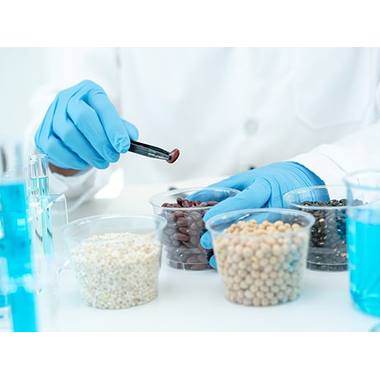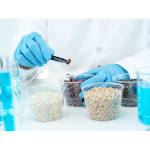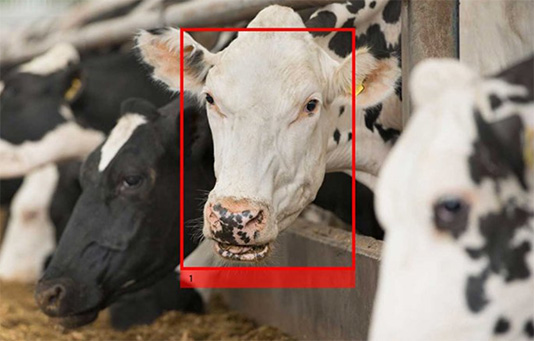Waiting until a product is at the tail end of R&D to examine potential food safety and regulatory compliance issues can lead to unnecessary delays and tension between teams, according to experts at the 2023 IAFP Conference in Toronto. Wendy White of the Georgia Tech Manufacturer Extension Program and Kory Anderson of Cargill co-moderated the panel discussion, “From Bench-top to Scale Up: The Unspoken Food Safety Challenges of Research and Development.” They were joined by panelists Shawn Stevens, an attorney with Industry Counsel, LLC, Benjamin Warren, Senior Science Advisor for Food Safety at the FDA, and Michael O’Rourke, North American Regional Microbiology and Food Safety Leader at Cargill.
Key food safety challenges associated with new product development highlighted by panelists included a lack of clear communication between departments, especially food safety, R&D and buyers.
Failure to bring your food safety leaders in early in product development can lead to sales and marketing decisions that are not implementable, said White. Stevens noted that traditionally there is tension between R&D and regulatory professionals in food companies that needs to be addressed in order to avoid food safety risks and delays in bringing new products to market.
Challenges when introducing new products or processing methods extend beyond in-house R&D to new suppliers as well. O’Rourke warned that risks occur when new buyers choose to purchase products from small companies that are not ready to scale up for national distribution. In addition, small companies with novel foods often have a lack of food safety know-how and may be introducing products that have not been vetted and/or do not meet regulatory standards.
O’Rourke further encouraged companies to be aware of risks when working with food brokers, as this may cloud traceability. “It may require pushback to get a clear view of the processing of the products at the primary source,” he said.
Meeting the Challenge
One way to avoid costly delays is to work with the FDA through its voluntary counseling program that encourages companies with novel products and new processing methods to meet with the FDA early in the R&D process. “This can help companies chart a regulatory path and smooth the transition to market. It helps companies understand what data is required—and what is not,” said Warren, noting that submissions to the FDA are often incomplete.
Another process that can help companies forecast safety risks and regulatory roadblocks early in the ideation and development process is a Design Hazard Analysis (DHA). “This mimics food safety plans, but begins during development to provide early consideration of regulatory requirements,” said Warren.
All panelists agreed that food safety team leaders should be brought in early in product development and be given a vote on what moves forward and what does not.









